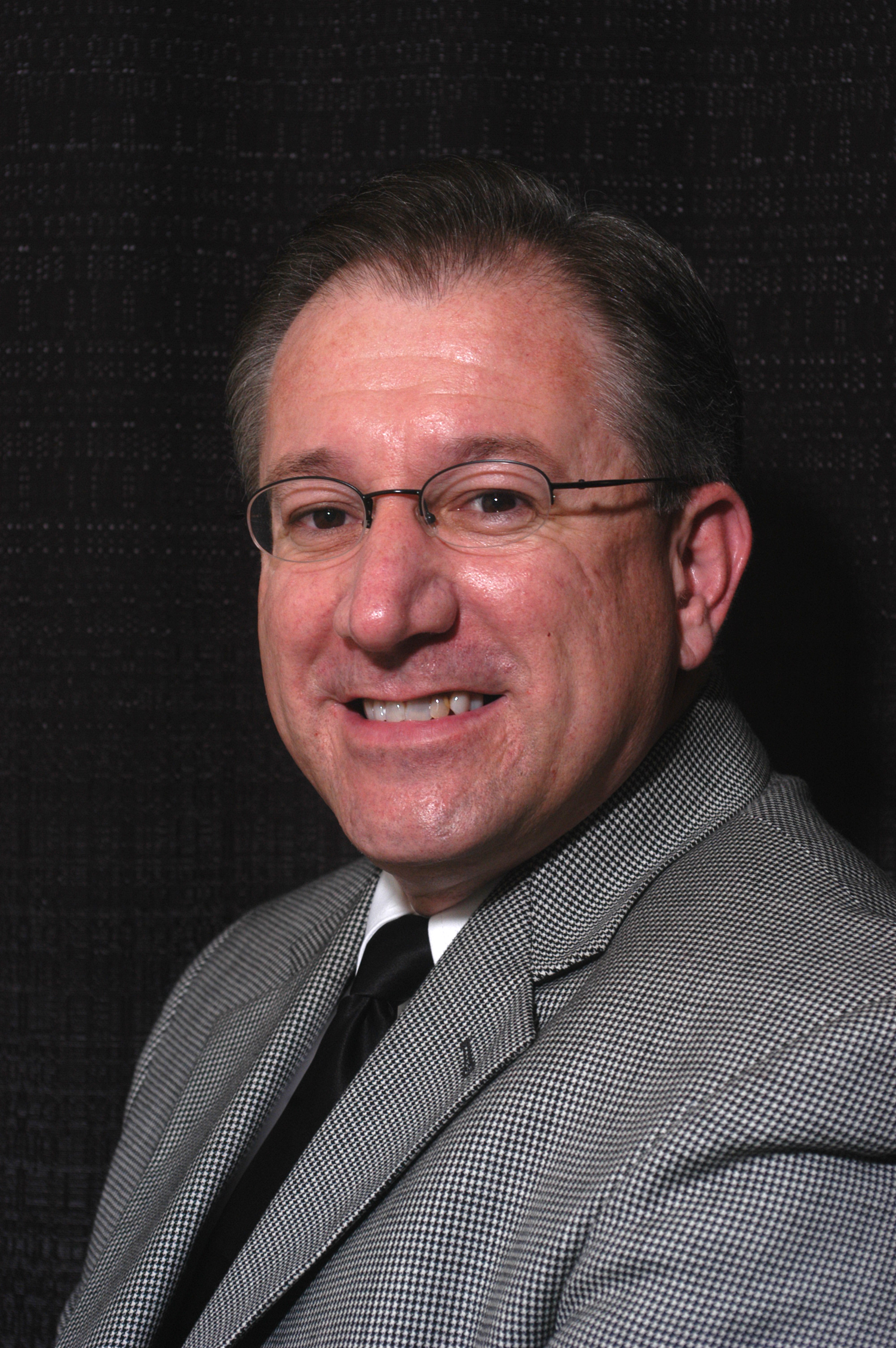
ALEXANDRIA, La. (BP)–Catholic University made headlines recently when officials announced the school was abandoning coed dormitories. The school, located in Washington, D.C., plans to start phasing in single-sex residence halls with incoming freshman this fall.
The reason given by the president for returning to the traditional mode of housing was an effort to combat binge drinking and promiscuous sex — both of which are rampant on many college campuses.
I admit I was taken aback to learn a Catholic institution of higher learning allowed coeducational housing. That said, I applaud school officials for their willingness to change course and swim against the tide of popular culture and its tacit acceptance of irresponsible drinking and casual hookups.
At least one person does not appreciate Catholic University’s effort toward cultivating a more moral environment. John Banzhaf, professor of public interest law at George Washington University, has filed a complaint with the District of Columbia Office of Human Rights against the university that accuses the school of practicing sexual discrimination because it is eliminating coed living quarters.
In Banzhaf’s legal worldview, it seems that an institution of higher learning that forbids coeducational housing is sex discrimination — even if the school is private and religious in nature.
The professor’s complaint indicates he believes students of the opposite sex have a basic human right to be housed together under the same roof. If Banzhaf is correct and coeducational living is a right, why not cohabitation as a right?
If students of the opposite sex have a right to live in the same building, why not let them stay in the same room?
As much as I disagree with Banzhaf’s legal reasoning, I find most appalling his effort to use a government agency — the District of Columbia Office of Human Rights — to force his views on a private religious institution.
The initial sentence of the First Amendment states, “Congress shall make no law respecting an establishment of religion, or the prohibiting the free exercise thereof….”
A careful reading of history indicates that the framers of America’s Constitution added that amendment in order to protect citizens from government coercion in matters of religion. Our nation’s founding fathers wanted to keep the government from establishing an officially sanctioned state church to which citizens would be forced to pay homage.
In matters of religious conviction, the framers of the U.S. Constitution wanted citizens to be free from government intrusion. As a result, I find it most disturbing when a professor of law tries to force a religious college to apply secular standards of popular culture to its residence halls.
I would hope the complaint would be summarily dismissed on the grounds that government has no business intervening in the moral standards of a private religious school. However, never underestimate the power of a persuasive lawyer on a government bureaucracy.
Banzhaf is no legal novice. According to his website he has been called the “Ralph Nader of the Tobacco Industry,” a “Radical Feminist,” and a “Trial Lawyer’s Trial Lawyer.”
Among the many accomplishments listed on his website, Banzhaf is credited with starting the “modern nonsmokers’ rights movement.” He also “served as a catalyst and major promoter of the concept of bringing tort actions for damages as a means of putting pressure on tobacco companies.”
Additionally, Banzhaf has “helped on several different occasions to prevent student organizations from prohibiting the showing of X-rated films on the George Washington University campus.” He also “wrote the first article on restroom equality, a new movement that has now led to several ‘Potty Parity’ laws and a federal complaint.”
Also, “with his law students at George Washington University, he helped initiate the first successful fat law suit against McDonald’s — one which resulted in a $12.5 million settlement….”
Banzhaf uses the courts in an effort to force his values on society, and thus far he has been rather successful. Now he wants to force Catholic University to employ his standard of morality in its residence halls.
If Banzhaf is successful in his complaint against the university and able to impose his liberal views of campus housing on a private religious college, it will set a chilling precedent that will not bode well for religious freedom in America.
–30–
Kelly Boggs is a weekly columnist for Baptist Press and editor of the Baptist Message (www.baptistmessage.com), newsjournal of the Louisiana Baptist Convention.
















